November 4, 2024

Bowery Farming closes, a vertical cotton farming startup receives seed funding, and Natures Miracle tries a new format.
1. Vertical cotton farming secures funding in October
Though there were only a few fundings in October, it was encouraging to see investment in a startup tackling commodity crops. Vertical cotton farming has long been a holy grail for many in the industry, given its potential to replace complex supply chains.
Agtech startup Gooddrop has secured $1.3m (£1m) in initial funding to launch its vertical cotton farming venture. The company, based in Hull, UK, aims to revolutionize cotton production through indoor farming methods. Gooddrop has partnered with the University of Nottingham for a three-year research collaboration. This partnership will focus on developing cotton varieties suitable for indoor cultivation. The company has installed six custom-made cotton research units at the university’s Sutton Bonington Campus. These units will inform the design of a larger-scale indoor cotton farm. Gooddrop’s approach promises to reduce water usage and land requirements compared to traditional cotton farming. The startup’s founders, Simon Wardle and Andres Perea, are seeking additional investments from private equity and funding bodies.
Elsewhere, the USDA awarded grants to Edible Garden and Rutgers University. Greenhouse grower Edible Garden received grants from the USDA Organic Certification Program to support organic certification and research at its facilities in Belvidere, New Jersey, and Grand Rapids, Michigan. The funds will help offset costs associated with organic certification and support research and development efforts for new product innovation.
Rutgers University has received a $607,000 grant from the USDA to develop “electroponics,” an innovative farming method that allows plants to grow with limited water or in zero gravity conditions. The three-year project aims to optimize plant germination and growth using electrospray technology and biopolymer-based nanofibers.
2. Bowery Farming closes at month end
Our Indoor Ag Buzz Index™ combines the popularity of a range of indoor farm-related phrases in the media into an index. The index remained steady by month end, with some low-key announcements.
Bowery Farming Closes
The biggest news of the month was sad. Bowery Farming, a prominent vertical farming startup, has ceased operations after failing to secure additional funding or find a buyer. The New York-based company, founded in 2015, had raised over $647m from investors including GV, General Catalyst, and Fidelity. Bowery sent out a company-wide email on November 3, 2024, announcing the closure of all its facilities. These include farms in Kearny, New Jersey, Nottingham, Maryland, and Bethlehem, Pennsylvania, as well as its New York City headquarters. The company had previously delayed opening new facilities in Georgia and Texas due to financial constraints. Bowery’s closure marks a significant setback for the indoor farming industry, which has seen several high-profile companies struggle in recent years amid challenges in scaling operations and achieving profitability.
Edible Gardens Expands
In happier news, greenhouse grower Edible Gardens announced a capacity expansion. It has expanded production at its Heartland facility in Grand Rapids, Michigan, adding a new production line. This expansion supports Edible Garden’s shift towards higher-margin fresh produce.
Vertical Future Offers Crop Science Service
Vertical Future, a London-based CEA startup, has launched a Crop-Science-as-a-Service (CSaaS) platform. This new offering provides clients with access to VF’s advanced technology for conducting crop trials and research. The service aims to optimize crop growth, drive innovation, and enable real-life product testing. Clients can leverage VF’s cutting-edge technologies and PhD-level plant science team to create verified data and analysis. The CSaaS platform serves various sectors, including food, fodder, forestry, and pharmaceutical-based products. It’s part of a wider trend towards vertical farming companies offering biology-based services. Brooklyn-based Square Roots is taking a similar approach nowadays.
Researchers Develop Strawberry Harvesting Robot
Researchers at the University of Plymouth have developed a prototype robot capable of picking strawberries autonomously. The robot, named RoboCrop, uses artificial intelligence and machine learning to identify ripe fruit and harvest it without damaging the plant. It can pick a strawberry every 15 seconds, working continuously for up to 20 hours a day. The project, funded by Innovate UK, aims to address labor shortages in the UK’s fruit-picking industry. RoboCrop’s developers are working to improve its speed and efficiency, with plans to make it commercially available within three years. Automation remains one of the hottest areas in CEA as farms battle labor shortages and attempt to reduce growing costs.
Study on Home Growing Costs
A recent study by researchers from Marche Polytechnic University and the University of South Australia has revealed significant energy inefficiencies in domestic vertical garden appliances compared to professional setups. The research, published in the 2024 IEEE International Workshop on Metrology for Living Environment, found that artificial lighting in home cultivators consumed over 50% of total energy costs when growing red lettuce, five times higher than professional vertical farming operations. The study utilized smart meters to monitor real-time electricity usage of a commercial home cultivator, highlighting the stark contrast between domestic and professional systems. Ventilation and irrigation systems in home setups also showed higher energy consumption, accounting for 18% and 9% of power costs respectively. These findings underscore the need for technological improvements in domestic indoor vertical gardens to bridge the efficiency gap with professional systems.
3. Mobile Vertical Farms and New Funding in the Public Sector
Our proprietary Indoor Ag Stock Index™ ended the month down 6% year on year, the best performance in a while. While overseas majors, like Dutch lighting firm Signify, continue to underperform, some smaller US tech cos had strong months. Our index continues to significantly underperform NASDAQ.
There were a couple of positive announcements in the public sector this month:
- Edible Garden (NASDAQ: EDBL, EDBLW), a greenhouse grower, has closed a $5.65 million public offering. The company sold 15,700,650 shares of common stock (or pre-funded warrants) with accompanying Class A and Class B warrants at $0.36 per share. Class A warrants expire in five years, while Class B warrants expire in 18 months, both with an exercise price of $0.36 per share. Edible Garden plans to use the net proceeds for growth initiatives, general corporate purposes, and to repay approximately $3.2 million in short-term debt. The company’s products are currently available in over 5,000 stores across the United States. This fundraise aims to support Edible Garden’s ongoing operations and expansion efforts in the controlled environment agriculture sector.
- Nature’s Miracle (NASDAQ: NMHI) has entered into an agreement with Robostreet Inc. to acquire 150 LS450 electric trucks for its new mobile vertical farming initiative. The company plans to convert these trucks into mobile farms for growing micro-greens and herbs. Forty trucks are expected to be delivered by the end of 2024, with the remaining units arriving within a year. Nature’s Miracle will initially deploy these mobile farms in the Los Angeles market. Robostreet will provide maintenance resources, including a photovoltaic and energy storage integrated charging station at Nature’s Miracle’s California warehouse. The project aims to create a farm-to-table model, combining vertical farming with clean energy and EV technologies. Nature’s Miracle is seeking funding support through California’s energy incentive program for this initiative.
Disclaimer
Featured image courtesy of Unsplash.
The information provided on this blog is for general informational purposes only and is not intended to be a comprehensive analysis of the securities, markets, or developments referred to. While we strive to ensure the accuracy and reliability of the information, the content of this blog does not constitute financial advice, investment advice, trading advice, or any other advice. You should not treat any of the blog’s content as such.
We do not recommend that any securities listed or discussed be bought, sold, or held by you, and nothing on this blog should be taken as an offer to buy, sell, or hold securities. Please conduct your own due diligence and consult with a qualified financial advisor before making any investment decisions.
Forward-looking statements made in this blog are only predictions and are subject to risks, uncertainties, and assumptions that are difficult to predict. Therefore, actual results may differ materially from those expressed in forward-looking statements. We expressly disclaim any obligation to update or alter statements whether as a result of new information, future events or otherwise, except as required by law.

August Indoor Ag Update: M&A Galore & Indoor Specialty Crops Funding

July Indoor Ag Update: Acquisitions Accelerate & Funding Returns

Five Farms Making a Go of Indoor Agriculture

Dyson’s 250% Yield Breakthrough Headlines June AgTech: Vertical Farming Advances, M&A Activity, and Industry Setbacks
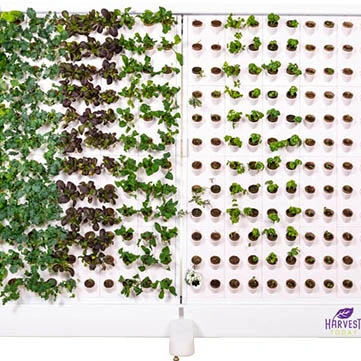
Indoor Agriculture Pivots to Home Gardens as Vertical Farming Failures Drive Strategic Reevaluation
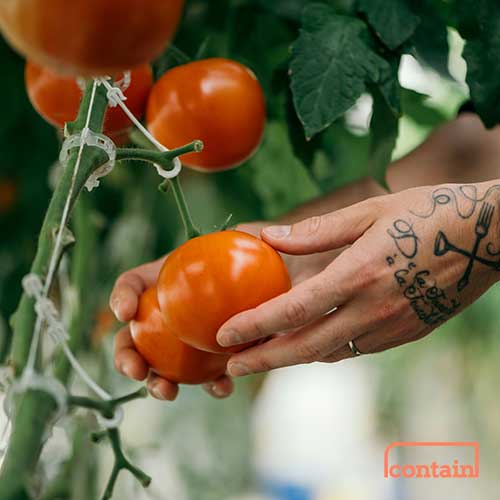
Zordi Series B and May 2025 Indoor Agriculture Developments
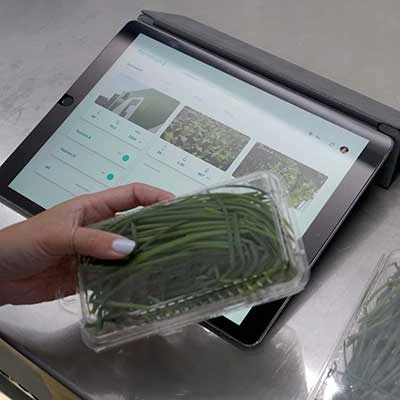
Freight Farms Bankruptcy and iUNU’s $20M Raise Highlight April’s Indoor Ag Contrasts
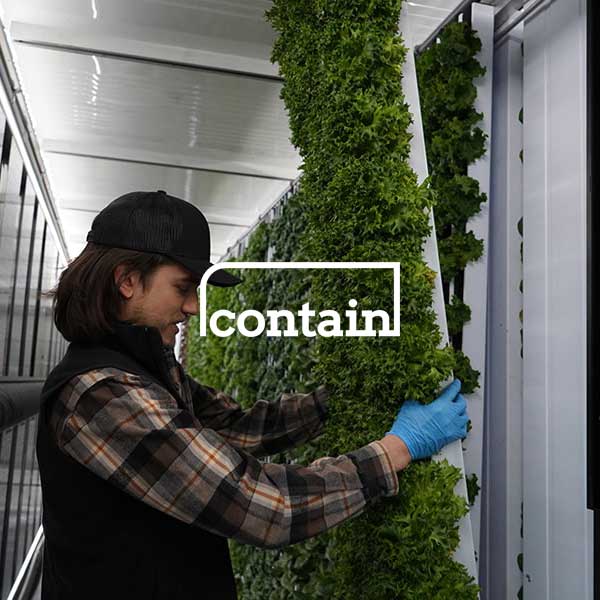
Freight Farms Resources: Indoor Ag Companies Stepping Up to Support Freight Farmers
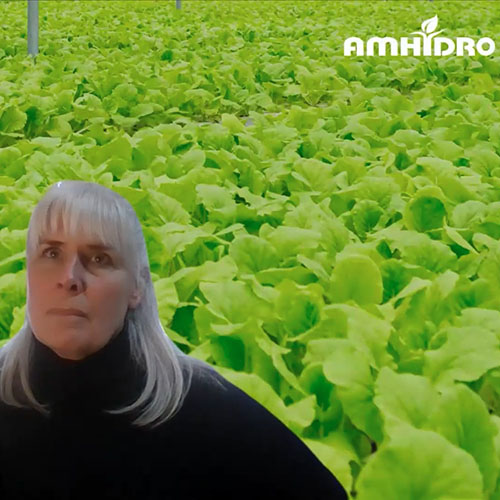
How to Finance Your Hydroponic Project in 2025: Finding Opportunity in a Shifting Market
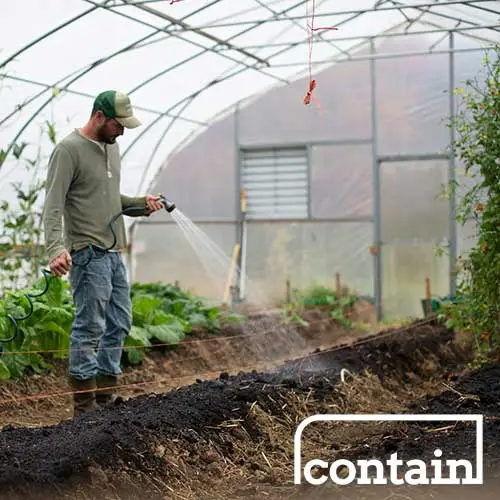
Indoor Ag’s New Reality: Practical Advice from Investment Banker Adam Bergman

Plenty Unlimited bankruptcy dominates March’s indoor ag news, overshadowing new farm plans
